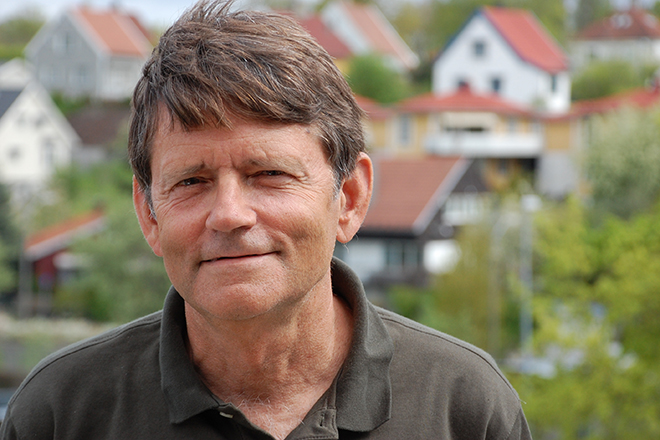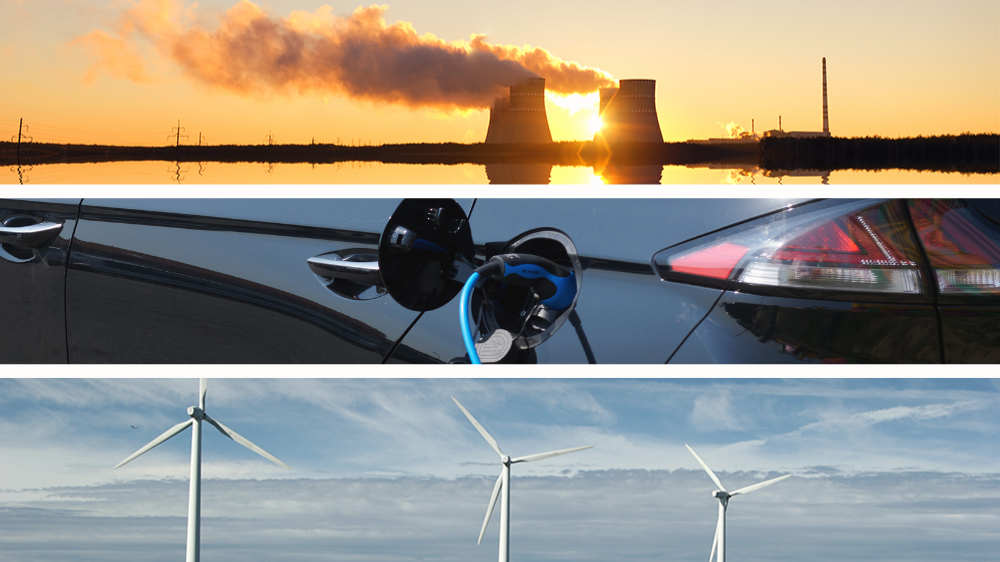What are the types of injustices associated with low-carbon transitions? Relatedly, in what ways do low-carbon transitions worsen social risks or vulnerabilities? Lastly, what policies might be deployed to make these transitions more just?
The presentation answers these questions by first elaborating an "energy justice" framework consisting of four distinct dimensions-distributive justice (costs and benefits), procedural justice (due process), cosmopolitan justice (global externalities), and recognition justice (vulnerable groups). It then examines four European low-carbon transitions-nuclear power in France, smart meters in Great Britain, electric vehicles in Norway, and solar energy in Germany-through this critical justice lens. In doing so, it draws from original data collected from 64 semi-structured interviews with expert participants as well as five public focus groups and the monitoring of twelve internet forums. It documents 120 distinct energy injustices across these four transitions. It then explores two exceedingly vulnerable groups to European low-carbon transitions, those recycling electronic waste flows in Ghana, and those mining for cobalt in the Democratic Republic of the Congo. The presentation aims to show how when low-carbon transitions unfold, deeper injustices related to equity, distribution, and fairness invariably arise.
Programme
- Welcome and introduction
Arve Hansen, Researcher, SUM - Lecture
Benjamin Sovacool, Professor, University of Sussex - Comment
Simone Abram, Professor, Durham University - Roundtable discussion
Karina Standal, Senior Researcher, CICERO
Alexander Dunlap, Postdoctoral Fellow, SUM
Ulrikke Bryn Wethal, Postdoctoral Fellow, SUM
Watch the recording

Hal Wilhite Memorial Lecture
The Hal Wilhite Memorial Lecture will be organised annually in memory of our dear colleague Professor Harold L. Wilhite.
Hal is best known as an anthropologist, but always with a strong interdisciplinary orientation. At the Centre for Development the Environment (SUM), University of Oslo, he led groundbreaking research on sustainable consumption and energy.
Hal’s research has had a great impact internationally. His numerous publications based on fieldwork in Asia, Latin America and Norway, are widely read. Hal insisted on the importance of understanding human action in its social and economic context. He was particularly critical towards the idea of a green transition which did not involve reducing consumption, and considered a low carbon society impossible to realise in a growth-oriented economy. He was deeply passionate about environmental issues, and lived according to his own high standards regarding sustainable consumption.
Include - Research centre for socially inclusive energy transitions
Research on sustainable energy
 Read more about our research group Sustainable consumption and energy equity.
Read more about our research group Sustainable consumption and energy equity.
